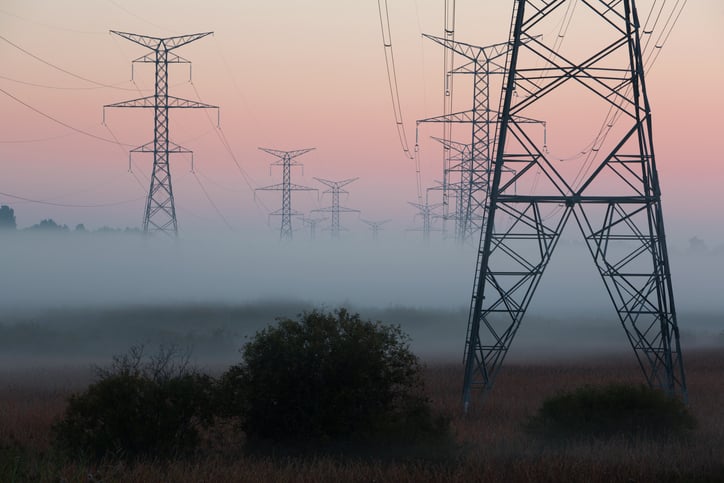A £180 million reserve power scheme established by National Grid ended without once being used, the Energy and Climate Intelligence Unit (ECIU) has claimed.
The Supplemental Balancing Reserve (SBR) established a list of power stations that were paid to be on stand-by should their generation be needed during winter peaks, however a report by the ECIU has concluded that the stations were never used.
The SBR was established as part of the 2013 Energy Act and sought reserve capacity from the last three winter periods (November – February in 2014/15, 2015/16 and 2016/17).
During those winter periods generators were invited to tender for capacity, with the following tenders taking place:
- 2014/15: Three units with 1.5GW of de-rated capacity secured at £23.5 million, equivalent to £15.57/kW.
- 2015/16: Tender one secured three units with 704MW of de-rated capacity for £11.1 million, equivalent to £17.80/kW. Tender two secured a further eight units with 1.8GW of de-rated capacity for £23.1 million, equivalent to £12.95/kW.
- 2016/17: Ten units with 3.5GW of de-rated capacity secured at £122 million, equivalent to £34.21/kW.
Not only was the £180 million used to pay generators for standing idle but the ECIU said the mechanism “almost certainly” had an adverse effect on wholesale energy prices by artificially increasing consumer bills.
The ECIU added that the findings of its report suggested warnings of blackouts in the UK were overblown and had resulted in “potentially excessive spending” on reserve mechanisms, driving consumer bills up.
“The clear message from this report is that paying to boost spare capacity in Britain’s electricity system can be very expensive, and potentially unnecessary,” said ECIU energy analyst Jonathan Marshall.
“The drop in the number of calls by the grid for extra power last winter also suggests that, in an era of smarter technology, balancing supply and demand is becoming easier and cheaper. This begs the question of whether calls to increase our capacity margins in the UK, for example by a new ‘dash for gas’, are sensible, given that doing so comes with a price tag in the billions of pounds.”
The ECIU’s report also concludes that an individual would be around ten times more likely to be struck by lightning than being subject to a blackout due to National Grid having insufficient supply.
James Heappey, Conservative MP and former member of the energy and climate change select committee, said that the report’s findings showed that warnings of blackouts should be taken with a pinch of salt.
“On the surface, we did not need the SBR. And while it is valid to argue it was a prudent investment during a period of disruptive energy system change, we should also ask whether ministers of the time were spooked by claims of an imminent loss of power. Certainly, stories around at the time, with Ofgem, SSE and some analysts claiming there would be a serious blackout risk within three years, may have played a role into persuading ministers to spend consumers’ money unnecessarily,” Heappey added.





